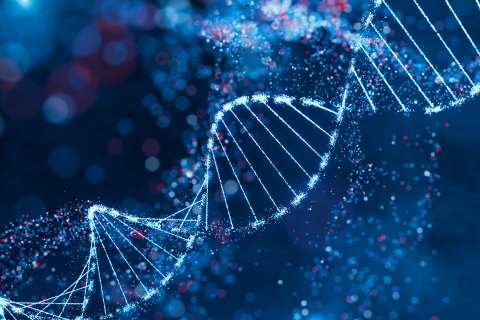Sadness is common, but major depression is rare. FICTION. In fact, major depression is one of the most common mental health disorders in the United States, affecting 6.7 percent of the U.S. adult population. More than 15 million adults in the U.S. have at least one major depressive episode in a given year.
Sadness and hopelessness are common symptoms of depression. FACT. If you are feeling sad or “empty” nearly every day for at least two weeks, you may have depression. Other symptoms include:
- Irritability
- Feelings of guilt or worthlessness
- Loss of interest in activities you once enjoyed
- Fatigue
- Changes in sleep patterns (sleeping more or less than normal)
- Changes in appetite, weight gain or loss
- Thoughts of death or suicide
- Aches and pains
Depression only happens when something goes wrong in your life. FICTION. It’s true that events, such as trauma, a serious medical diagnosis or loss of a loved one, can contribute to depression. However, many other factors also cause depression, including genetics and the biology and chemistry of the brain. Depression is a real, long-term illness and not just a reaction to upsetting events.
Up to 15% of women in the U.S. experience postpartum depression after having a baby. FACT. Researchers believe that postpartum depression is linked to brain changes caused by hormonal fluctuations following childbirth. While some “baby blues” are common while caring for a newborn, postpartum depression is more extreme. It causes feelings of sadness, anxiety and fatigue that can interfere with a woman’s ability to care for herself and her baby.
Depression doesn’t affect physical health. FICTION. Untreated depression can increase your risk of other diseases, including heart disease, diabetes, Alzheimer’s disease and stroke. In part, that could be because people with depression are less likely to take good care of their health. At the same time, researchers are also exploring physical links that could explain the connection, including increased inflammation in the body and changes in stress hormones.
People with depression can get better by focusing on the positive. FICTION. Depression isn’t something you can just snap out of, and it doesn’t just get better with willpower and determination. In some cases, depression may require medical treatment, including one or a combination of the following: Medicine (antidepressants) Therapy (cognitive and/or interpersonal) Electroconvulsive therapy (for severe, life-threatening depression)
Only about a third of people with severe depression seek treatment. FACT. Unfortunately, many people who could benefit from treatment for depression don’t reach out for help. People should follow up with their primary care physician for an evaluation for depression. If you suspect you might be depressed, fill out the UCLA Health Depression Risk Assessment.
For evaluations, second opinions, and treatment of depression, visit the Outpatient Mood Disorders Program at the Resnick Neuropsychiatric Hospital at UCLA, or call 310-794-9234 for more information.



